08 March 2012
A Paul Krugman Misdirection, John Galt Defamed
I do not often mention Paul Krugman, whose mind must be highly compartmentalized if there was any justification for his winning a Nobel Prize in Economics. In a 6 March 2012 commentary called John Galt Wants Price Support, he defamed my friend John Galt in a doubly underhanded way. The first instance is a failure to judge the character of New York financial businessmen objectively and honestly. The second was to use a limited time-history of economic data to misdirect his readers attention from the Big Picture of our economy and the effects on it that have caused this very extended recession. He performs an act of shear dishonesty for a very partisan, non-defensible socialist viewpoint. Let us examine his argument.
Krugman refers briefly to a Bloomberg article by Max Abelson about how Wall Street financial people are suffering lower income and having to cut back on their spending. One of the problems faced by many of the Wall Streeters were their concerns about being able to keep their children in private schools. Given the state of the city public schools, this is a concern to be taken seriously. Second homes, expensive cars, expensive pets, and many things most people view as luxuries were concerns. He then cites one Mike Konczal who claims that the interviewed Wall Streeters are whiners. Konczal says they are "rentiers, angry that their wealth isn't yielding the return they want." Konczal complains that these Wall Streeters have no business complaining about the Federal Reserve keeping interest rates incredibly low for years. For some time, the bank lending interest rate has been set at zero and we are told it will continue at this rate into 2014. Krugman then opines that these John Galts of Wall Street want interest rate price supports.
I do not doubt that numerous Wall Street financial people would be very happy with interest rate price supports. New York City is a Democrat stronghold. I am also sure that many would see the danger and would reject the idea. But Krugman here is doing the equivalent of lumping all of the businessmen in Atlas Shrugged together and observing that Orren Boyle and James Taggart want government price supports and announcing that therefor Hank Rearden and John Galt also want price supports. This obviously is an argument that would not fly with anyone who has read Ayn Rand's Atlas Shrugged, but it is made in order to keep people from reading Atlas Shrugged and to denigrate all of its many enthusiasts. For the sake of anyone who has not read Atlas Shrugged: Orren Boyle and James Taggart are villains who constantly advocate business-government partnerships that restrict free trade, while Hank Rearden and John Galt are heroes of a very moral character who believe in a very limited government and a robust private sector with little government interference.
Now let us examine Krugman's odd use of the economic data he presents. This is the chart he provides as justification for saying that an incipient excess supply of savings is the cause of the low return on the savings of the Wall Street financiers, where GPDI is Gross Private Domestic Investment and GPSAVE is Gross Private Saving:
The time periods marked are those in which the US GDP contracted, so they are the last two recessions by that definition. As I have noted, a better measure of the period of a recession is the period of time in which the real per capita GDP is in a lowered state. By that criterion we are still in this recession. Now Krugman has us looking at this savings and investment data over the last few years in which we see the gross private domestic investment exceed the gross private saving for a few years and then dip down well below it as the recession took effect. Once well into the recession, many more savings dollars are available to be used in investments to make money than are being so used. As a result, returns are low. He calls this a problem of excess savings and because he is a Nobel Prize winning economist, many accept his authority.
Let us examine the data over a longer time-frame:
Examining these charts, we see that both have long-term increasing curves with larger variations in the investment curve than in the saving curve. The Federal Reserve monitors the gross private savings and it plays a major role in the Federal Reserve effort to keep the money supply increasing at a steady and controlled rate. The gross private domestic investments will be a result of the gross private savings and the judgment of businessmen on the risk of investment. The risk of investment is heavily affected by actions of the federal government such as new laws (ObamaCare, Dodd-Frank Too Big To Fail, increased minimum wage), new or changed regulations (FDA, EPA, FDIC), and new or threatened taxes (taxes on medical devices, drugs, and clinical tests under ObamaCare, financial fees under Dodd-Frank, increased oil and gas royalties, threats of new taxes on wealthy and oil companies).
Krugman made it much harder for his readers to observe that it is usually the investments which are problematic. He also hid the fact that one of the most distinguishing marks of this Great Recession is that it has had a much, much bigger effect on reducing investment than any of the other recession periods since WWII! Why did he hide this? Because Krugman is a hack propagandist for big, socialist government and he does not want his readers to see how disastrous the federal government's policies have been in creating business uncertainty and a situation in which businesses can no longer see a way to make a profit in all too many potential investments they may evaluate. Krugman is hiding the fact that this recession, as with others, requires a renewal of private domestic investment if there is to be a recovery. Looking at the chart, the investment decrease from its bottom has recovered to only about 60% of the pre-recession level. This discounts the fact that over a normal four-year period the level of investments would rise quite a bit. Indeed, it needs to increase by about 4% just to keep up with population growth.
Krugman also claims that the Federal Reserve has done savers a favor by setting the bank lending rate at zero. He seems to imply that it might set it at some negative rate. In any case, a zero rate may help a segment of the financial market, but it hurts many others in that market. Over a period of time, it also tends to generate investment bubbles that then become a great danger for many investors and lenders.
Lowered gross private domestic investment causes a slow rate of GDP growth or worse. This contributes mightily to the real per capita GDP failure to recover from the recession. When a Nobel Prize winning economist tells you the problem is excess savings, Krugman is lying as badly as he was when he told us that Orren Boyle is really John Galt. This man and the publications, such as the New York Times, that carry his column are not worthy of being taken seriously.
Krugman refers briefly to a Bloomberg article by Max Abelson about how Wall Street financial people are suffering lower income and having to cut back on their spending. One of the problems faced by many of the Wall Streeters were their concerns about being able to keep their children in private schools. Given the state of the city public schools, this is a concern to be taken seriously. Second homes, expensive cars, expensive pets, and many things most people view as luxuries were concerns. He then cites one Mike Konczal who claims that the interviewed Wall Streeters are whiners. Konczal says they are "rentiers, angry that their wealth isn't yielding the return they want." Konczal complains that these Wall Streeters have no business complaining about the Federal Reserve keeping interest rates incredibly low for years. For some time, the bank lending interest rate has been set at zero and we are told it will continue at this rate into 2014. Krugman then opines that these John Galts of Wall Street want interest rate price supports.
I do not doubt that numerous Wall Street financial people would be very happy with interest rate price supports. New York City is a Democrat stronghold. I am also sure that many would see the danger and would reject the idea. But Krugman here is doing the equivalent of lumping all of the businessmen in Atlas Shrugged together and observing that Orren Boyle and James Taggart want government price supports and announcing that therefor Hank Rearden and John Galt also want price supports. This obviously is an argument that would not fly with anyone who has read Ayn Rand's Atlas Shrugged, but it is made in order to keep people from reading Atlas Shrugged and to denigrate all of its many enthusiasts. For the sake of anyone who has not read Atlas Shrugged: Orren Boyle and James Taggart are villains who constantly advocate business-government partnerships that restrict free trade, while Hank Rearden and John Galt are heroes of a very moral character who believe in a very limited government and a robust private sector with little government interference.
Now let us examine Krugman's odd use of the economic data he presents. This is the chart he provides as justification for saying that an incipient excess supply of savings is the cause of the low return on the savings of the Wall Street financiers, where GPDI is Gross Private Domestic Investment and GPSAVE is Gross Private Saving:
The time periods marked are those in which the US GDP contracted, so they are the last two recessions by that definition. As I have noted, a better measure of the period of a recession is the period of time in which the real per capita GDP is in a lowered state. By that criterion we are still in this recession. Now Krugman has us looking at this savings and investment data over the last few years in which we see the gross private domestic investment exceed the gross private saving for a few years and then dip down well below it as the recession took effect. Once well into the recession, many more savings dollars are available to be used in investments to make money than are being so used. As a result, returns are low. He calls this a problem of excess savings and because he is a Nobel Prize winning economist, many accept his authority.
Let us examine the data over a longer time-frame:
Examining these charts, we see that both have long-term increasing curves with larger variations in the investment curve than in the saving curve. The Federal Reserve monitors the gross private savings and it plays a major role in the Federal Reserve effort to keep the money supply increasing at a steady and controlled rate. The gross private domestic investments will be a result of the gross private savings and the judgment of businessmen on the risk of investment. The risk of investment is heavily affected by actions of the federal government such as new laws (ObamaCare, Dodd-Frank Too Big To Fail, increased minimum wage), new or changed regulations (FDA, EPA, FDIC), and new or threatened taxes (taxes on medical devices, drugs, and clinical tests under ObamaCare, financial fees under Dodd-Frank, increased oil and gas royalties, threats of new taxes on wealthy and oil companies).
Krugman made it much harder for his readers to observe that it is usually the investments which are problematic. He also hid the fact that one of the most distinguishing marks of this Great Recession is that it has had a much, much bigger effect on reducing investment than any of the other recession periods since WWII! Why did he hide this? Because Krugman is a hack propagandist for big, socialist government and he does not want his readers to see how disastrous the federal government's policies have been in creating business uncertainty and a situation in which businesses can no longer see a way to make a profit in all too many potential investments they may evaluate. Krugman is hiding the fact that this recession, as with others, requires a renewal of private domestic investment if there is to be a recovery. Looking at the chart, the investment decrease from its bottom has recovered to only about 60% of the pre-recession level. This discounts the fact that over a normal four-year period the level of investments would rise quite a bit. Indeed, it needs to increase by about 4% just to keep up with population growth.
Krugman also claims that the Federal Reserve has done savers a favor by setting the bank lending rate at zero. He seems to imply that it might set it at some negative rate. In any case, a zero rate may help a segment of the financial market, but it hurts many others in that market. Over a period of time, it also tends to generate investment bubbles that then become a great danger for many investors and lenders.
Lowered gross private domestic investment causes a slow rate of GDP growth or worse. This contributes mightily to the real per capita GDP failure to recover from the recession. When a Nobel Prize winning economist tells you the problem is excess savings, Krugman is lying as badly as he was when he told us that Orren Boyle is really John Galt. This man and the publications, such as the New York Times, that carry his column are not worthy of being taken seriously.
Subscribe to:
Post Comments (Atom)















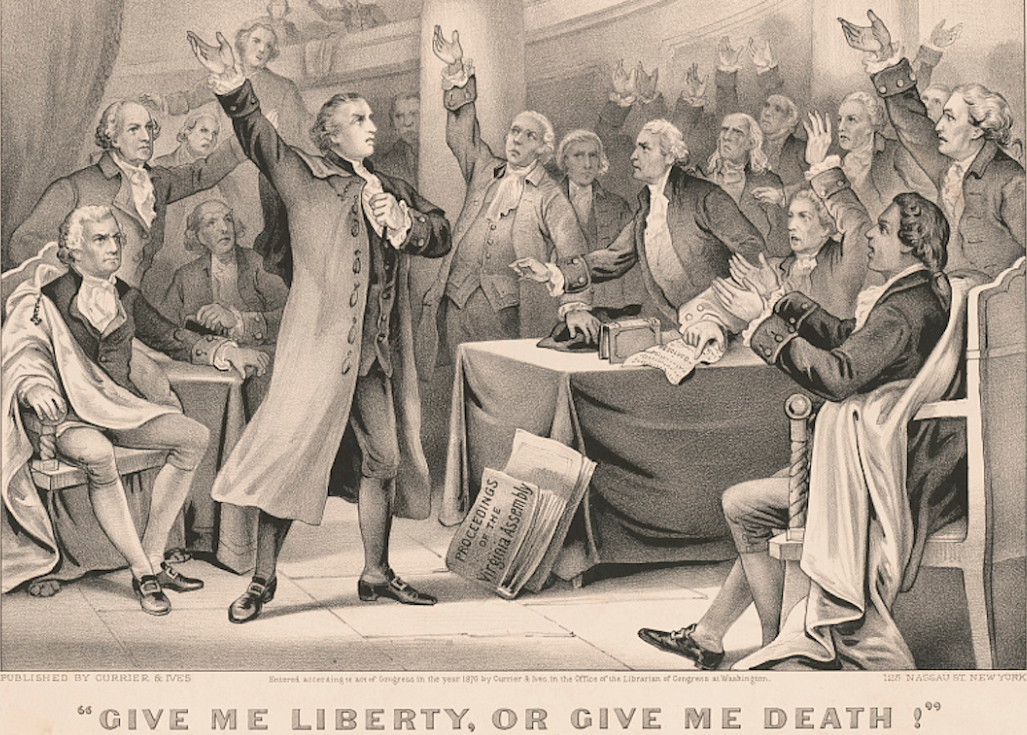


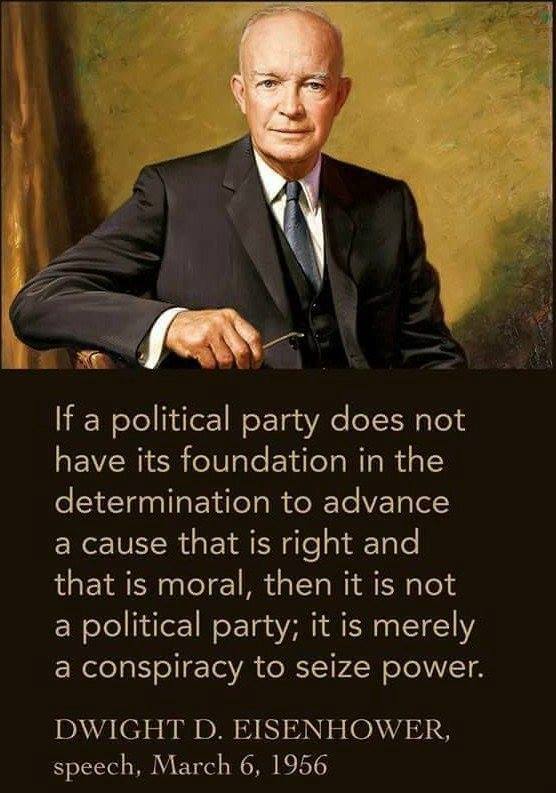
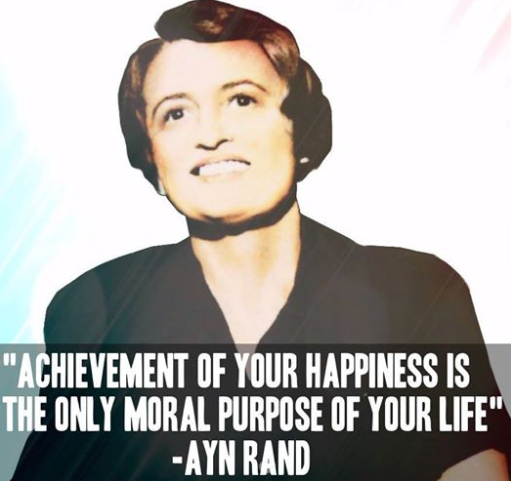



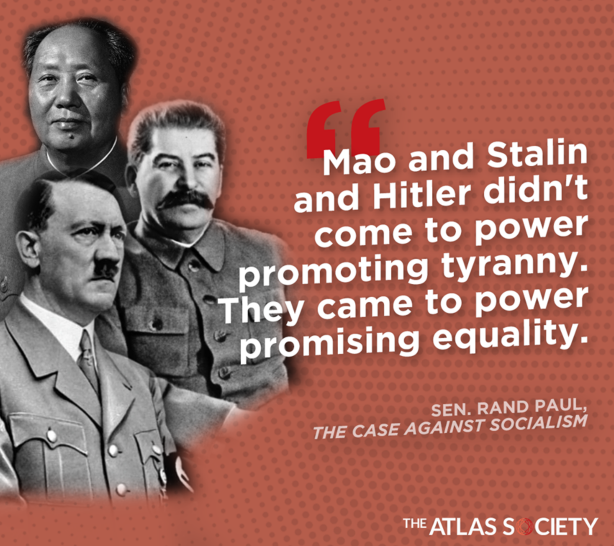
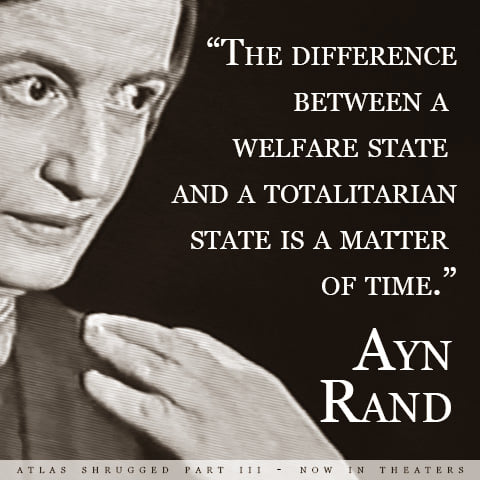













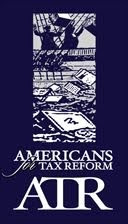



























No comments:
Post a Comment